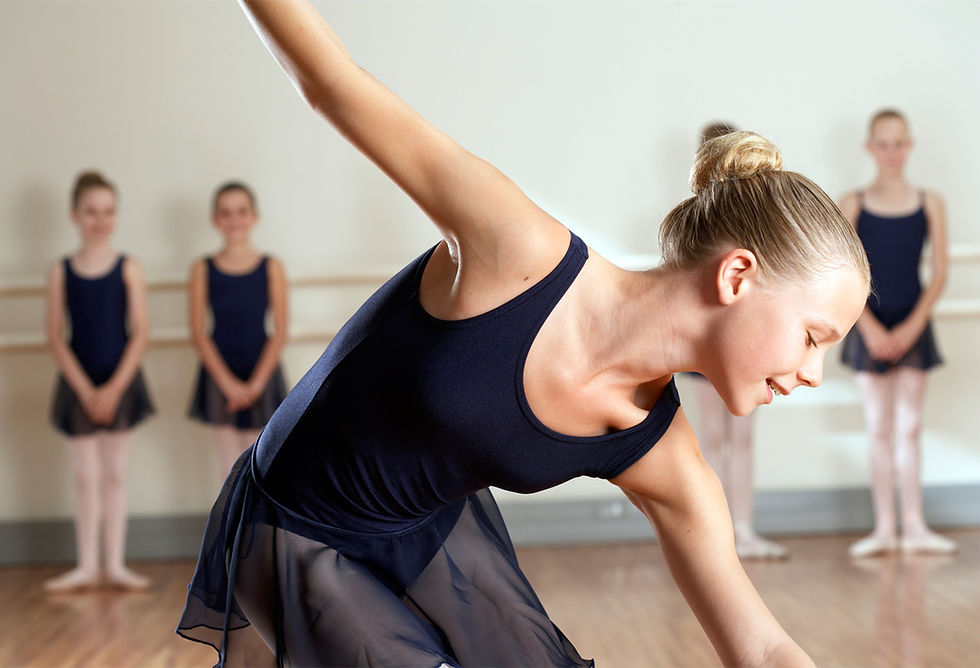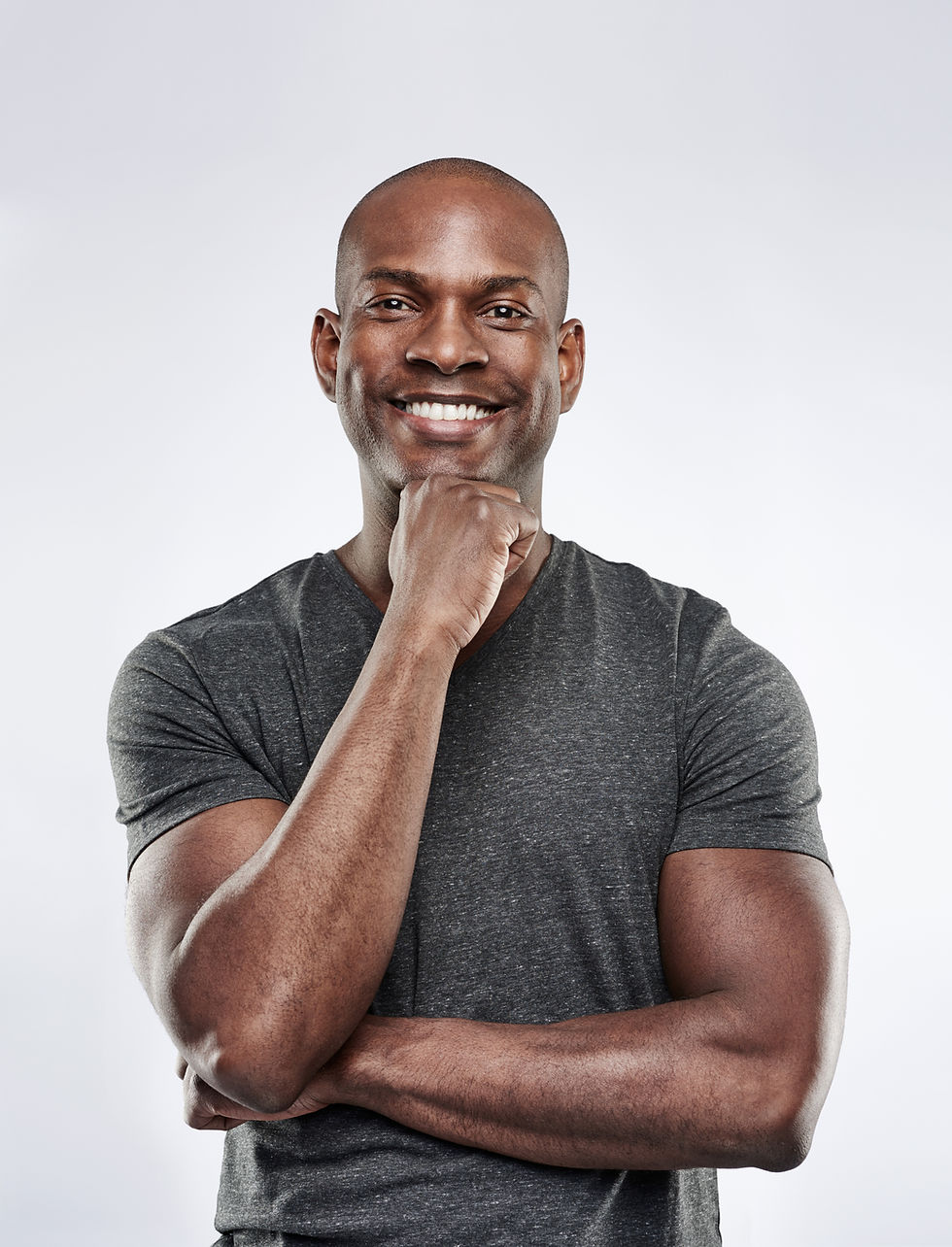WHAT DEFINES A PROFESSIONAL INSTRUCTOR
- Feb 27, 2025
- 4 min read
By Alexandra King
After 44 years of performing and teaching dance, I have learned a thing or two. And these things have served me well as a guide to fledgling instructors.

I began dance training at the age of ten, studying ballet, jazz, tap and point until I was 24. Then, I discovered world dance, which opened a world of dance I had never seen. I quickly became a dance-a-holic and studied every dance style I could, including belly dance, Polynesian, Bharata Natyam, Greek and Arabic folk dances, and flamenco. I wasn’t just exploring and dabbling – I was serious and worked hard at each style. Some I mastered, and some I didn't. My career was as a Middle Eastern dancer - which is enough considering there are over 16 primary styles of dance throughout the Middle East, Central Asia and North Africa.

As a student of world dance, I was at an advantage because I had grounding in classroom and rehearsal behavior from my studies of western styles, which gave me skills as a student as well as an instructor. Western dance styles are hard- core when it comes to classroom and rehearsal behavior. There is no standing around, chit-chatting or goofing around in these styles - the dancers are constantly working and very, very focused! Western dancers are bent on mastery and it shows in classroom and rehearsal behavior. This is also apparent in instructors who are professional, versus dilettantes. A lot of belly dance instructors never studied dance outside of belly dance and do not have the benefit of knowing how classes should be conducted - with seriousness and dedication to excellence.

So, what does it take to be a professional-level instructor? Here are 12 things which in my experience, define a professional instructor.
1. The instructor knows the vocabulary of the art and uses it when teaching. Like any subject, dance steps and movements have names and the instructor knows them – and expects the dancers to learn and use them as well. Vocabulary is a part of any art or science and is therefore crucial to learning and working with it.
2. Professional instructors/directors start and end on time and expect the same from their students. Time management is critical in all work. Learning to be a professional artist starts in the class with classroom protocol and this includes being on time and showing respect by being on time.
3. The professional instructor and director sets the standards of class and rehearsal behavior and expects everyone to follow these. When one peers inside a professional instructor’s class or rehearsal, they will find that there is no milling around doing nothing – no chatting, no cell phones, no goofing around – the dancers are busy working the entire time they are in class or rehearsal. Classes and rehearsals are not a social hour, but a serous period of intense work and effort.

4. Professional instructors understand that abstract ideas and theories, such as contrast or developing speed of movement are best learned if applied with action, real things, and demonstration - not lectures. Professional instructors demonstrate and do more than talk and theorize. Dance is a practical art and progress depends on drilling, and practice, not talking.
5. Students need to be taught at the level they are at – not at a standard pre-determined standard. The professional instructor and directors know this and train the students in front of them, regardless of the level stated in the class promotion. A good instructor applies the proper gradient to training each individual student.
6. Patience! A professional instructor is calm and focused – they realize that in a class of many people, not everyone is listening at the same time so there will need to be repetition of what is said and taught. A pro instructor is prepared to say it as many times as needed until the students get it.
7. Never loses his/her temper or uses disparaging remarks when teaching. This may seem obvious, but professionalism is learned, and this begins by learning to manage personal emotions and behavior as a professional teacher, or director. Professional instructors know that their attitude goes a long way towards a student learning: a professional instructor needs to have altitude (seniority) and so deserves respect, but he/she also needs to give it.
8. A professional instructor has high expectations and realistic demands. Expect the most out of every student but be prepared for any outcome. The role of an instructor is to deliver knowledge, encourage practice and do these by inspiring others! Progress takes time and ultimately, while it is the instructor’s job to teach, it is the student’s job to learn. People respond best to kindness and encouragement.
9. A professional instructor is willing and able to criticize effectively. When he/she criticizes, they do it in a manner that the student can understand, accept and improve upon. A lot of this skill depends on the instructors understanding of the subject: do they know the mechanics of a movement or step and if so, can they communicate where in the execution, the student needs work? The professional also praises students and dancers and lifts their spirits by making them feel good about their progress. It is equally – if not more important - to validate as it is to point out errors and flaws.
10. A professional instructor sets a tone of happiness and enthusiasm in a class or rehearsal. He/she understands that folks are at their best and learn best when their mood is high and their emotions are positive.

11. A Professional instructor understands human nature: some folks struggle when coached because they feel invalidated and belittled by critical remarks – even when they are to help the dancer improve. A pro takes this person aside and prompts discussion so that the person can unload their fears and mistrust. Everyone wants to learn – some have the barrier of having been made to feel bad in the past, because they do not know. A professional instructor does not take the students baulking as an indicator of their failure to teach!

12. Cardinal Rule #!12: Repetition equals competence and confidence. Practice is the road to success learning anything, especially dance. A good instructor knows this an expects and encourages students to practice!
Dance on!



















Comments